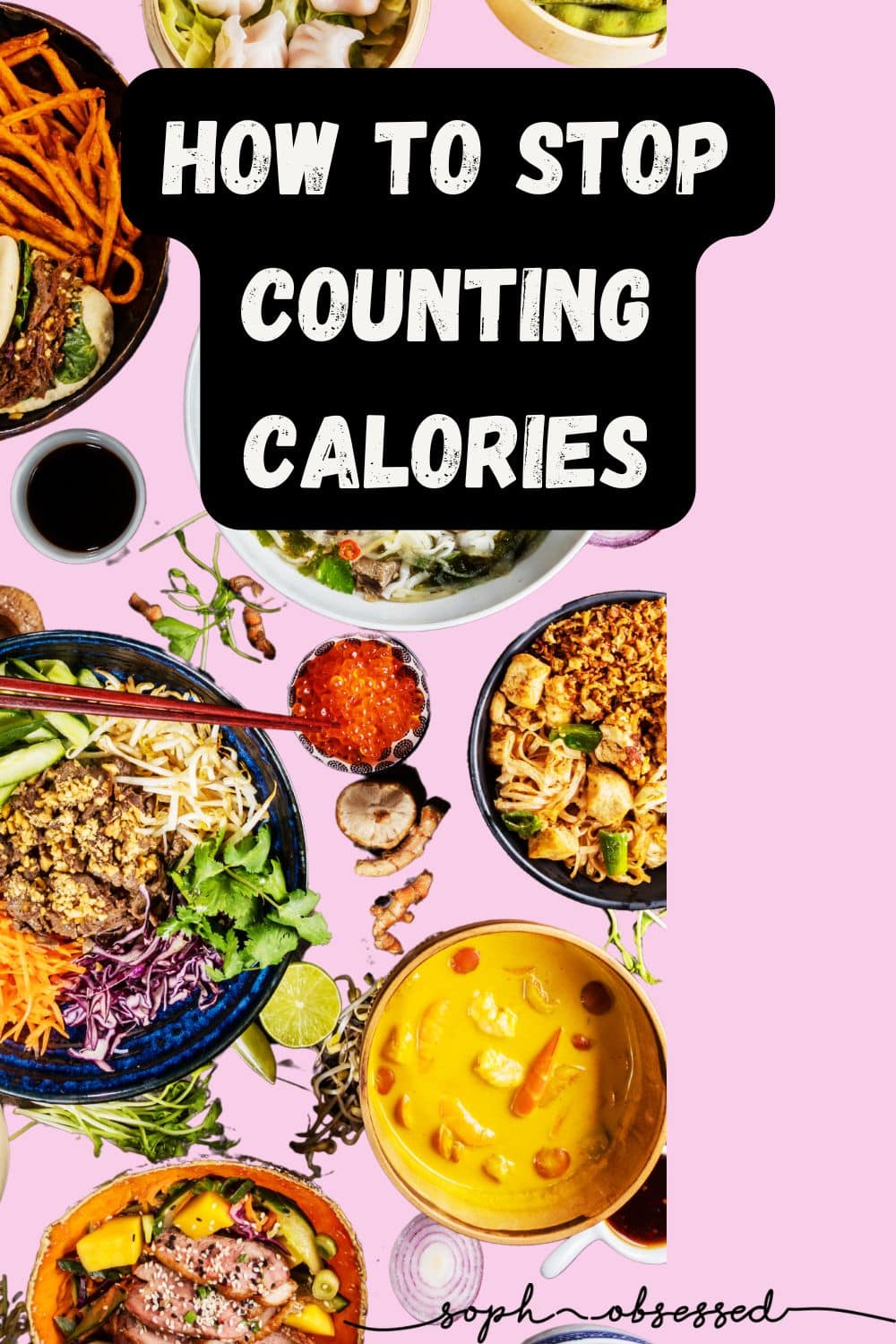
Counting calories has become a common tool for weight loss and weight management, but it isn’t a one-size fits all and it isn’t for everyone. For some people, keeping track of every bite they eat and the exact number of calories consumed can become overwhelming, leading to unhealthy behaviours and in extreme cases even disordered eating. If you’ve found yourself thinking, “How do I stop counting calories?” or you have started feeling stressed when you don’t know the calorie content of your meal, this post is for you.
In this blog post, we’ll explore how to stop counting calories and develop a healthier relationship with food and your body. We’ll discuss why it’s important to let go of obsessive calorie counting, when you should consider stopping, and how to transition to intuitive eating without the fear of gaining weight. Remember, if you’re struggling with food obsession or think you may have an eating disorder, always seek help from a registered dietitian or medical professional in the very first instance.
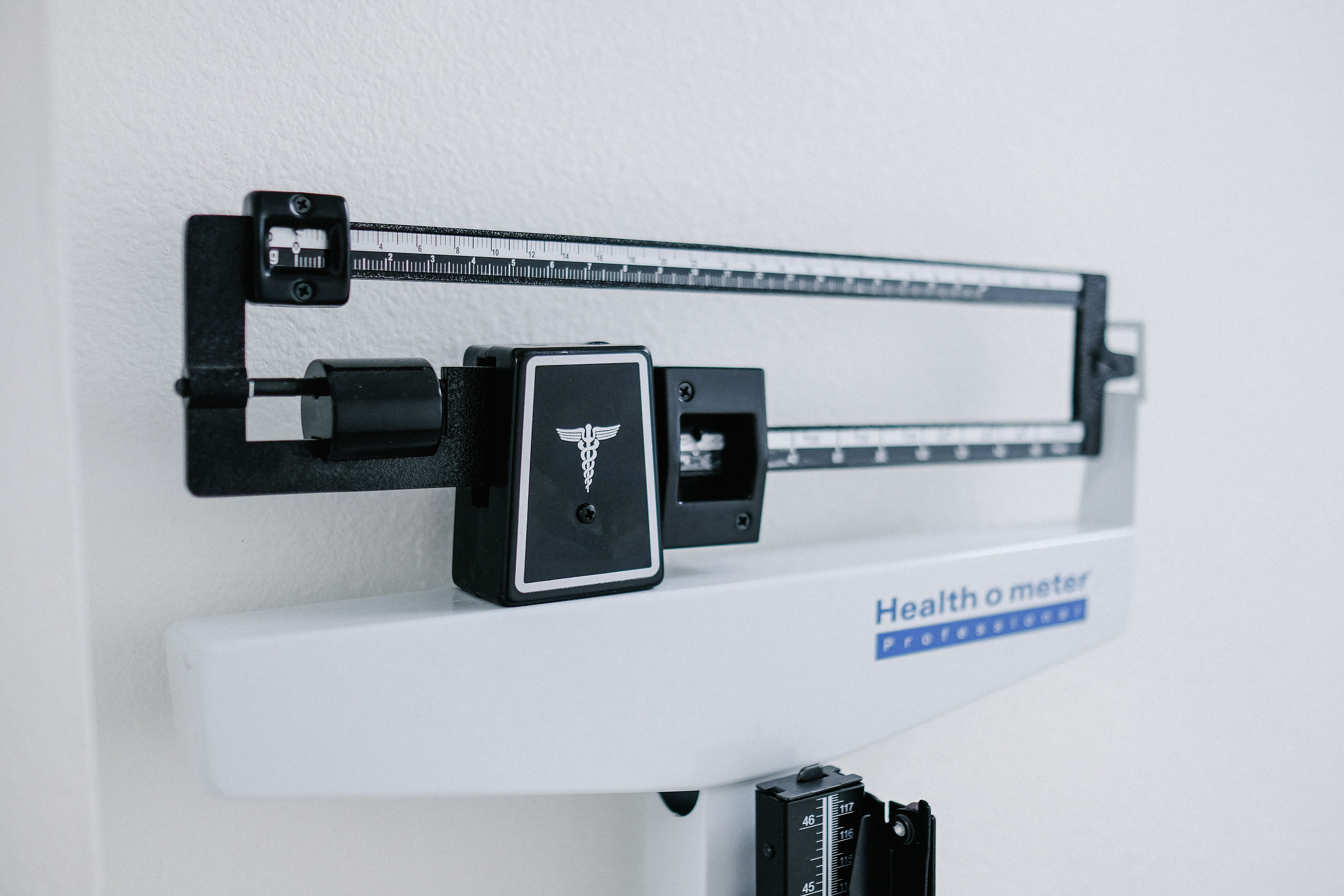
As always, before undertaking any kind of weight loss or lifestyle change, it is always best to speak to a medical professional or registered dietician who is best suited to give personalised advice on your individual health needs and health issues. This blog post has been researched to the best of my ability, and the information posted is accurate at the time of publication. This blog post is for informative comments only and is not a substitute in any way for medical advice. Although we touch on the negative connotations that sometimes come from calorie counting and how these can in some instances lead to unhealthy habits this post cannot offer diagnosis or treatment. Please seek out advice from a medical professional if you do feel like you need a diagnosis or treatment.
What is Calorie Counting?
I’m a big fan of calorie counting and in my own personal weight loss journey I’ve had great success with it but that doesn’t mean it’s right for everyone. Before we get into – how do I stop counting calories let’s summarise what calorie counting is.
Calorie counting involves tracking the number of calories you consume in your daily diet. This process can include recording every meal, snack, and drink to ensure you’re meeting a certain calorie goal. Many people use calorie counting as a way to maintain a calorie deficit, which means consuming fewer calories than the body needs to maintain its current weight, in order to lose weight.
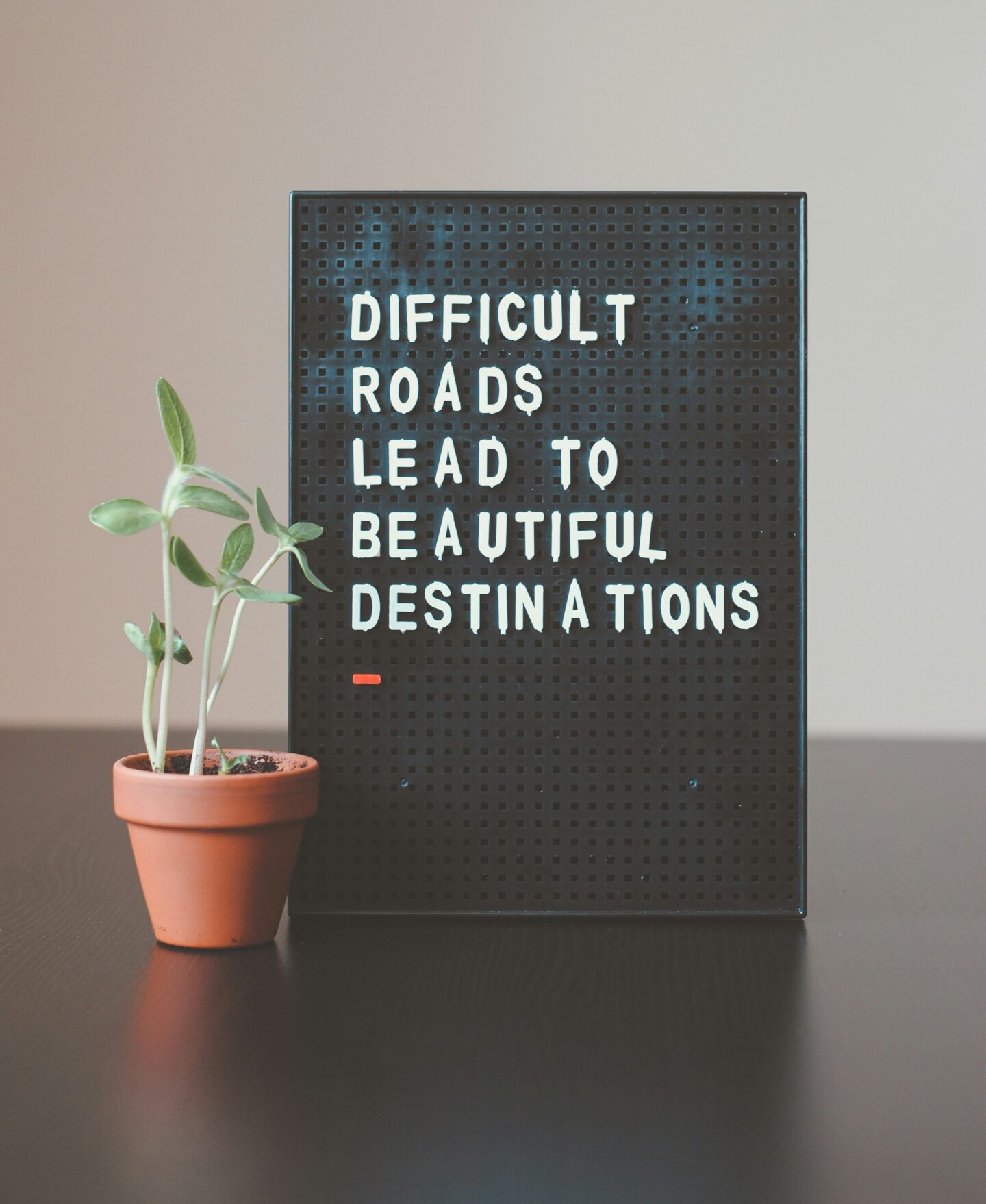
Calorie counting can be done manually, by reading nutrition labels and noting the caloric value of each food, or by using weight loss apps, which function as calorie counters and track your food intake, energy expenditure, and even your basal metabolic rate. While this can be a helpful tool for some, it can turn into an obsession for others, leading to anxiety, guilt, and a distorted relationship with food.
Why Do People Want to Stop Counting Calories?
There are many reasons why someone might want to stop counting calories. Here are some of the most common:
Mental Health Concerns: Counting calories obsessively can negatively impact your mental health. It may increase stress levels, anxiety, and guilt around eating, especially if you go over your daily calorie intake. It’s important to note that calorie counting shouldn’t feel negative or forced.
Disordered Eating Behaviors: Focusing too much on calorie counts can contribute to disordered eating patterns, such as skipping meals, avoiding social situations involving food, or feeling compelled to burn off every calorie through exercise. In this instance seeking medical advice is essential.
Loss of Hunger and Fullness Cues: When you rely solely on calorie numbers to decide what and how much to eat, you can lose touch with your body’s natural hunger cues and fullness cues. This disconnection can lead to overeating or undereating.
Lack of Enjoyment and Spontaneity: Eating should be a pleasurable experience. Constantly worrying about the amount of food or calorie content of every meal can make eating feel like a chore rather than something to enjoy.

Desire for a More Balanced Approach: Many people reach a point where they want to stop focusing on numbers and start enjoying a variety of whole foods based on their body’s needs rather than a strict calorie limit.
Why You Should Stop Counting Calories
If counting calories has become more of a burden than a helpful tool, you’re not alone. There are several reasons why letting go of calorie counting can lead to better overall health and well-being:
Calorie Counting Doesn’t Guarantee Healthy Food Choices: Just because a food fits into your calorie limit doesn’t mean it’s nourishing your body. You might be meeting your calorie goal but still consuming processed or nutrient-poor foods that don’t support your health in the long term. By focusing on quality over quantity, you can develop a healthier relationship with food and make better choices.
It Can Lead to a Negative Relationship with Food: Constantly measuring, weighing, and tracking your food can create a sense of fear or anxiety around eating. You might start to see foods as “good” or “bad” based on their caloric value, which can contribute to disordered eating and a poor body image.
Your Body Knows Best: Our bodies are designed to regulate hunger and fullness naturally. By learning to trust your body’s cues, you can eat in a way that satisfies both your nutritional needs and enjoyment. This can be a healthier pattern of eating that’s sustainable over time.
It’s Not Sustainable Forever: For most people, calorie counting is not something they want to do for the rest of their lives. It can become tedious and hard to maintain, especially when you have other priorities or want to enjoy social situations without thinking about the number of calories in every bite.
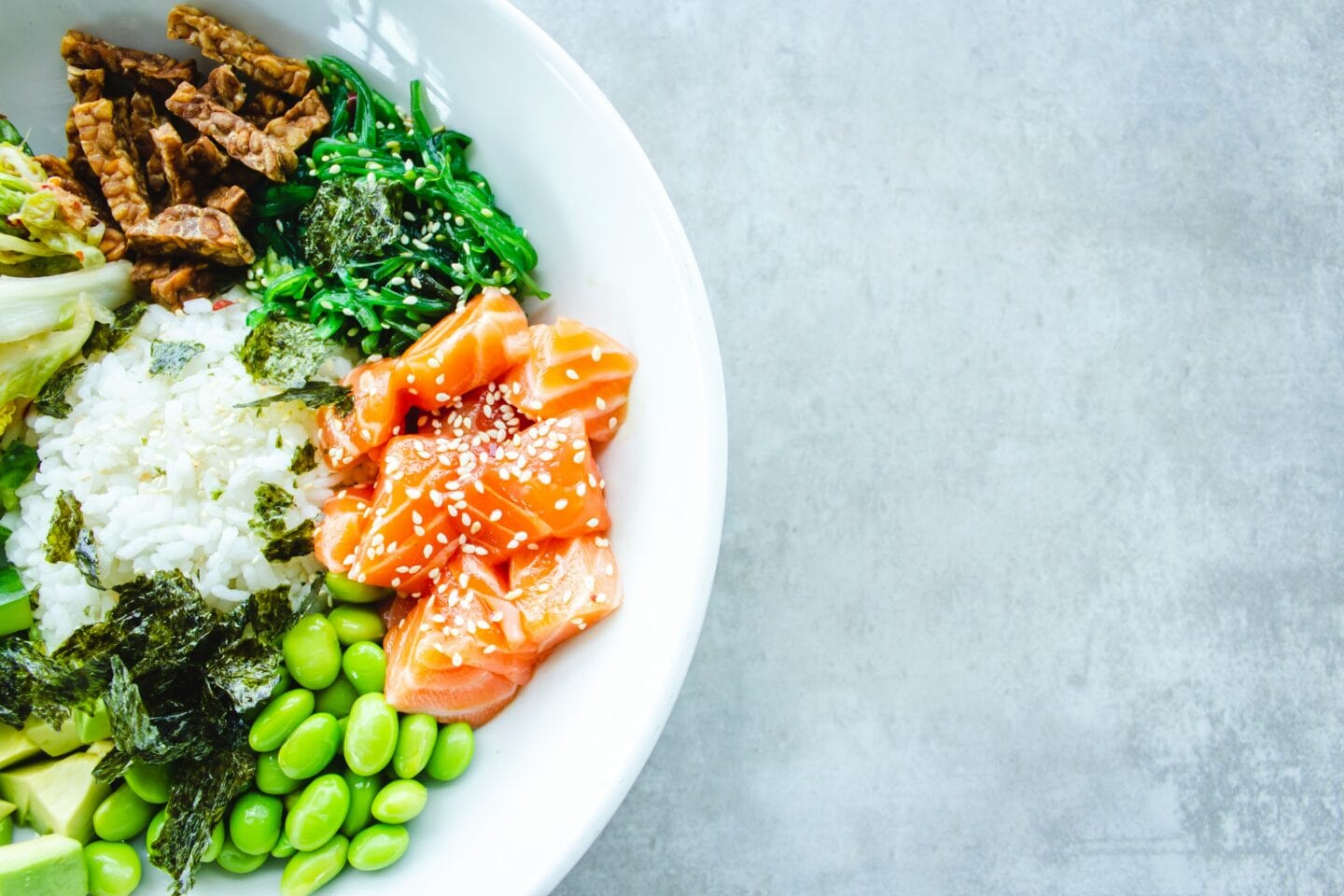
When to Stop Counting Calories
The decision to stop counting calories is personal, but there are some signs that it may be time to take a break or quit altogether:
When It Interferes with Your Daily Life: If counting calories is taking up too much mental space and affecting your relationships, social life, or daily activities, it may be time to reconsider this approach. This is not healthy behaviour and intervention may be necessary to prevent it from spiraling.
When It Impacts Your Mental Health: Constantly thinking about calories, food intake, and the exact number of calories consumed each day can contribute to anxiety, depression, or eating disorders. If calorie counting is causing more harm than good, it’s time to make a change.
When It Leads to Disordered Eating: If you find yourself avoiding entire food groups, refusing to eat out because you can’t track the calorie information, or feeling guilty after eating, these are red flags that should not be ignored. Speak to a medical professional if you experience this.
When It’s No Longer Enjoyable or Beneficial: Sometimes, the stress of counting every calorie outweighs the benefits. If you’re not seeing progress or if it’s making you miserable, stopping may be the best decision.

How to Stop Counting Calories and Reconnect with Your Body
If you’ve been tracking calories for a long time, it can be challenging to stop. However, with patience, support, and a willingness to trust your body, you can break free from calorie counting and develop a healthier approach to eating. Here’s how to get started:
Gradually Reduce Calorie Tracking
You don’t have to stop cold turkey. Instead, start by taking small steps to reduce the amount of calorie information you track. For example, you can stop counting for one meal each day, then gradually increase to an entire day without tracking. This gradual reduction will help ease the transition.
Focus on Hunger and Fullness Cues
Practice listening to your hunger cues and fullness cues. Eat when you’re hungry, and stop when you’re satisfied. This may sound simple, but it takes time to reconnect with these signals if you’ve been ignoring them for a while.
Switch to Intuitive Eating
Intuitive eating is a method of eating based on your body’s natural hunger and fullness cues, rather than external rules like calorie counts. It encourages eating a variety of foods, respecting your body’s needs, and finding satisfaction in eating. This approach can help you stop counting calories while still making healthy choices.
Focus on Nutritional Value Rather Than Numbers
Instead of focusing on the numerical value of calories, think about the nutritional value of food. Aim to fill your plate with nutrient-dense foods like fruits, vegetables, whole foods, and healthy fats. This way, you’re supporting your health without being fixated on numbers.

Seek Support from a Professional
If you’re struggling to stop counting calories or suspect you might have an eating disorder, consider seeking help from a registered dietitian or therapist specialising in eating disorders. They can provide guidance, support, and strategies to help you overcome this habit in a healthy way. Sometimes just a conversation and some advice is sufficient but reaching out means you don’t have to deal with things alone.
How to Stop Counting Calories Without Gaining Weight
A common concern when people want to stop calorie counting is the fear of gaining weight. Here are some tips to transition away from counting without worrying about weight gain:
Focus on Portion Sizes: Instead of counting calories, pay attention to your portion sizes. Use visual cues like a quarter of your plate for protein, a quarter for whole grains, and half for vegetables to create a balanced meal.
Choose Whole, Unprocessed Foods: Foods that are less processed tend to be more filling and satisfying, making it easier to eat appropriate portions without needing to track the amount of calories.
Stay Active: Regular physical activity is essential for overall health and can support a healthy weight. Listen to your body’s energy needs and stay active in a way that feels good for you.
Eat Mindfully: Slow down and savour your food. This helps you tune into your body’s cues and makes it easier to stop eating when you’re full.
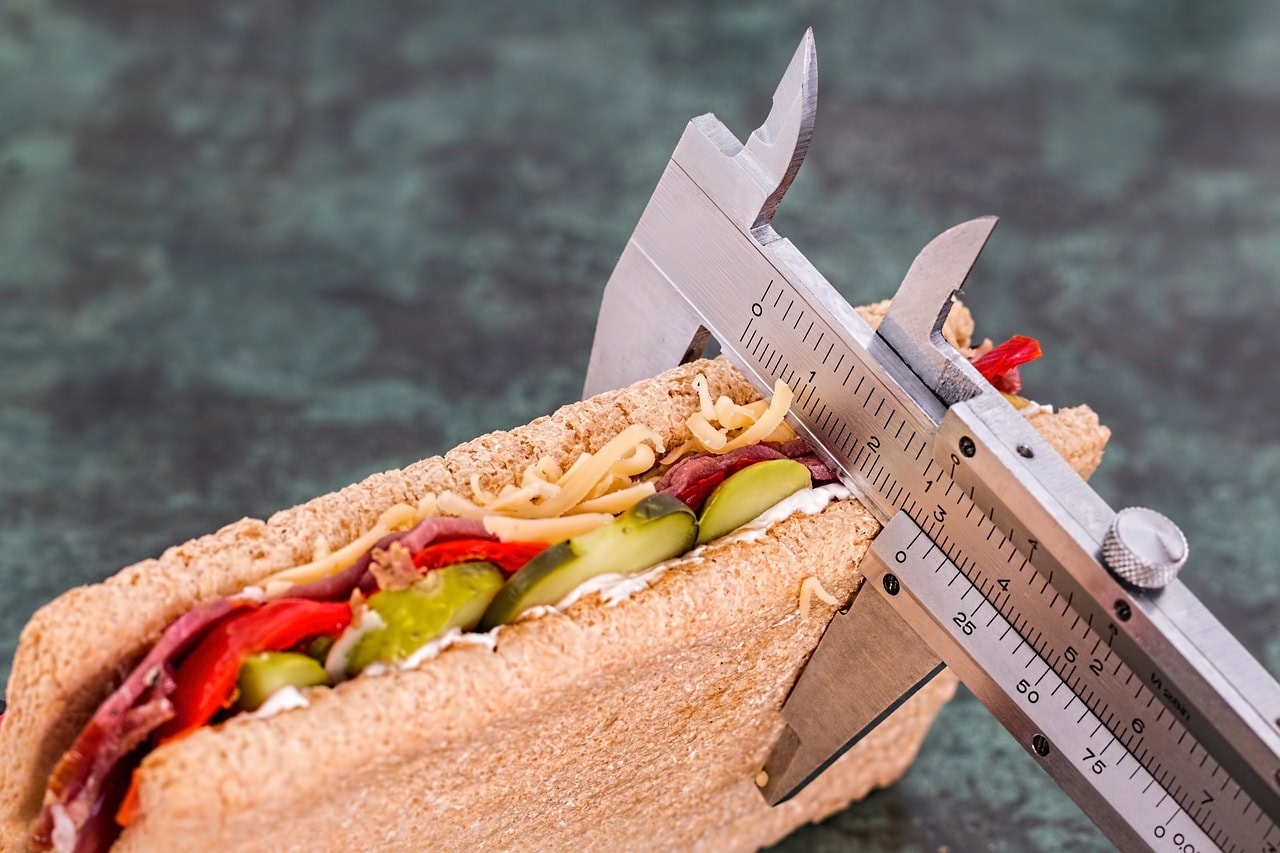
What Happens When You Stop Counting Calories?
When you stop counting calories, several positive changes can occur:
Improved Mental Health: You may experience reduced anxiety, improved mood, and a better relationship with food.
Increased Enjoyment of Food: Without the pressure of tracking, eating can become a more enjoyable and relaxed experience.
Better Body Image: Letting go of calorie counting can help you develop a healthier body image and a more positive self-perception.
Restored Hunger Cues: Over time, you’ll become more in tune with your body’s hunger and fullness cues, making it easier to eat according to your body’s needs.
More Freedom with Food Choices: You can start to eat foods based on what you enjoy and what makes you feel good, rather than their caloric value. This allows for a more diverse and satisfying diet.

FAQs About Stopping Calorie Counting
How Do I Stop the Habit of Counting Calories?
Start by gradually reducing the frequency of tracking, focus on eating when you’re hungry, and avoid looking at calorie information. Seek professional help if needed.
Can You Stop Counting Calories?
Yes, you can. With patience, support, and a commitment to change, you can learn to stop counting calories and reconnect with your body’s natural cues. In some cases, you may need professional help but there is no shame surrounding that and it’s not uncommon for people to experience these feelings.
How Do I Stop Obsessing Over Counting Calories?
Shift your focus away from calories and numbers. Practice intuitive eating, focus on whole foods, and seek help from a registered dietitian if you feel overwhelmed.
What If I Stop Counting Calories?
If you stop counting calories, you might feel anxious initially. This is normal. Over time, your body will adjust, and you’ll likely find that you can maintain a healthy weight without tracking.
When Should I Stop Counting Calories?
You should consider stopping if it’s affecting your mental health, leading to disordered eating, or making you feel anxious and overwhelmed. Focus on overall health rather than the caloric content of every meal. It should always be health first.
What Happens When You Stop Counting Calories?
When you stop counting calories, you can experience freedom from food-related anxiety, improved body image, and a more positive relationship with eating. If counting calories has been affecting you negatively then the relief from stopping can be really positive.

Final Thoughts: Why You Should Stop Counting Calories
If counting calories has started to take a toll on your mental health, social life, or overall happiness, it might be time to stop. While calorie counting can be a helpful tool, it’s not the only way to achieve a healthy weight and a positive relationship with food. By focusing on intuitive eating, tuning into your body’s natural cues, and prioritizing overall well-being, you can let go of obsessive calorie tracking and enjoy a more balanced approach to health.
Remember If you’re struggling to break free from the cycle of calorie counting, consider reaching out to a professional, such as a registered dietitian or therapist, who can provide personalised support. Remember, achieving a healthy lifestyle is not about the number of calories you consume, but about how you feel, your overall physical health, and your relationship with food.
Good news—you don’t have to be tied to numbers forever. With time, patience, and support, you can develop a healthier relationship with food that’s based on trust and respect for your body’s needs.
Thank you so much for reading. If you want further support and company on your weight loss journey, join my free Facebook Group here. Oh, and If you have found this website and articles useful and you’d like to know how you can say thank you, then I am always appreciative to receive a virtual coffee here.
Thank you for stopping by! Check out my last post here.
Love as always!

 More From Me
More From Me
Want to find out more about me? Head over to this page. If you like reading posts like this then you might want to follow me over on Bloglovin. Don’t forget you can find me on Instagram, Facebook, Twitter & YouTube.
As always, my words, views and opinions are honest and my own. Links marked with “*” are affiliate links. This does not cost you anything additional, but it may mean I earn a small percentage from any sales. For more information about any of this, please head over to this page.
